Contestable Claims
Far too often we see a significant gap between Russia-related claims, even by top officials and respected authors, and the reality on the ground. We also often encounter a wide divergence in expert views on crucial policy questions related to Russia. This section has two basic aims: (1) to dispel misconceptions that could adversely affect the quality of U.S. policy toward Russia, particularly when vital U.S. interests are involved, through rigorous fact-checking where possible and (2) to identify and debate key dilemmas for decision-makers per the adage that “truth is born in argument.”
We invite you to explore the section and send us more claims to fact-check or debate using the rectangular red button below. (For most fact-checks, we’ve adopted the "traffic light" rating system: red for incorrect; yellow for partially correct; green for correct.)
We invite you to explore the section and send us more claims to fact-check or debate using the rectangular red button below. (For most fact-checks, we’ve adopted the "traffic light" rating system: red for incorrect; yellow for partially correct; green for correct.)
Claim in 2021: Putin is “sitting on top of an economy that has nuclear weapons and oil wells and nothing else.”
Incorrect: While hydrocarbons play an outsized role in Moscow’s federal budget and its nuclear weapons may figure in GDP, Russia’s economy is more diverse than that, with oil and gas making up just over 15% of last year’s GDP by one Rosstat estimate. Russia provides other countries with more civilian nuclear reactors and related services than any other nation and is the world’s second largest exporter of conventional arms. It earns hundreds of millions of dollars by providing services in the space sector and sells billions of dollars’ worth of metals. Russia is also the world’s top producer and exporter of wheat, a major coal exporter and home to a domestic services sector that plays a major role in its economy. (Fact-check completed in November 2021.)
Read More
Share
Claim in 2021: Russia’s GDP per capita is 30% lower than in 2013.
Partially Correct: If calculated without adjusting for inflation or purchasing power, Russia’s nominal GDP per capita (in current U.S. dollars) declined by 37.4% in 2013-2020 according to IMF data, so a 30% decline by March 2021 is conceivable; however, the decline in 2013-2020 is much smaller—less than 2%—when calculated using the IMF’s inflation-adjusted formulas, which are considered a more reliable measure of economic change over time; World Bank data show similar trends. (Fact-check completed in Fall 2021.)
Read More
Share
Claim in 2019: Russia became stronger in 2019.
Partially Correct: We have employed three methods of calculating national power to ascertain the accuracy of Kremlin press secretary Dmitry Peskov’s claim. Only one of those formulas confirms Peskov’s claim that Russia became stronger in 2019. The other two disprove it. (Fact check done in Fall 2020.)
Read More
Share
Claim in 2020: “Nobody wants to invest [in Russia].”
Partially Correct: Although foreign direct investment in Russia has generally been trending down since the onset of sanctions in 2014, foreigners still have an active presence in Russian financial markets as of 2020. Other indicators of investor confidence have also decreased, although the trends for these indicators are less clear: Purchases of Russian companies by foreign entities have decreased, but numbers are volatile, and while “greenfield” investment in Russia shows some growth since 2014, numbers remain well below their apex a decade ago. While some negative trends in investment can be observed in Russia, claiming that “nobody wants to invest in Russia” is an oversimplification, as many indicators show more nuanced results. (Fact check done in September 2020.)
Read More
Share

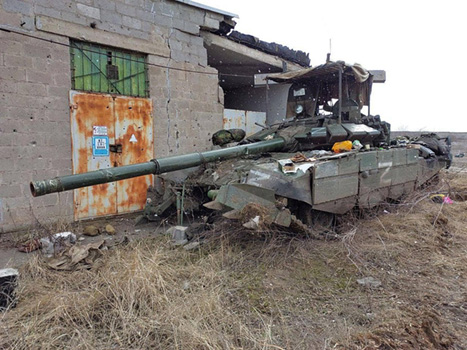 This week’s reports that Russia’s invasion seems to be “
This week’s reports that Russia’s invasion seems to be “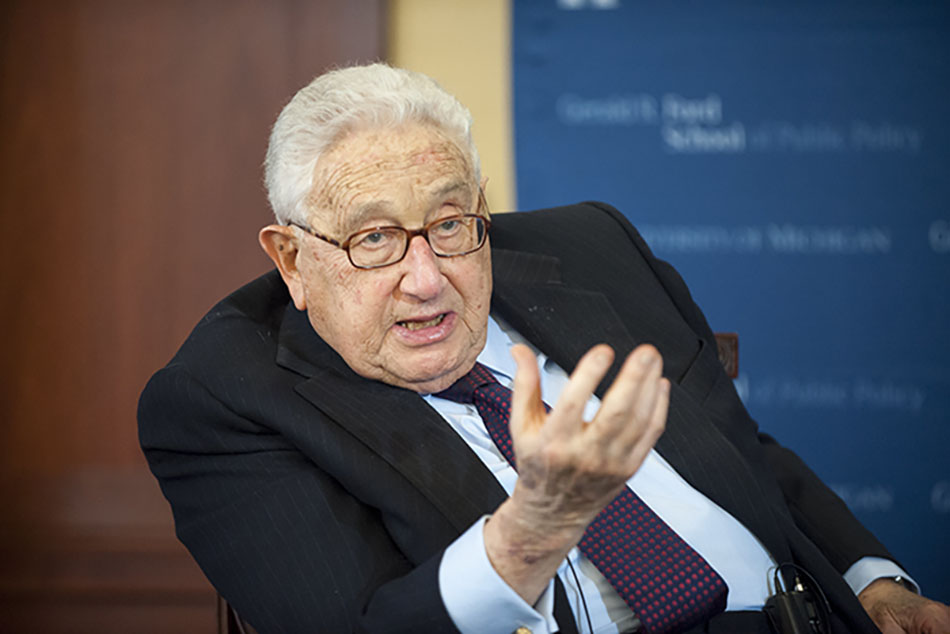 Predictably, war was the talk of the town in Davos this past May. In speeches at the annual World Economic Forum, former U.S. Secretary of State Henry Kissinger and billionaire philanthropist George Soros both offered their own, diverging takes on what the West should and could do to end the hostilities initiated by Russia in late February. Wall Street Journal columnist Walter Russel Mead
Predictably, war was the talk of the town in Davos this past May. In speeches at the annual World Economic Forum, former U.S. Secretary of State Henry Kissinger and billionaire philanthropist George Soros both offered their own, diverging takes on what the West should and could do to end the hostilities initiated by Russia in late February. Wall Street Journal columnist Walter Russel Mead 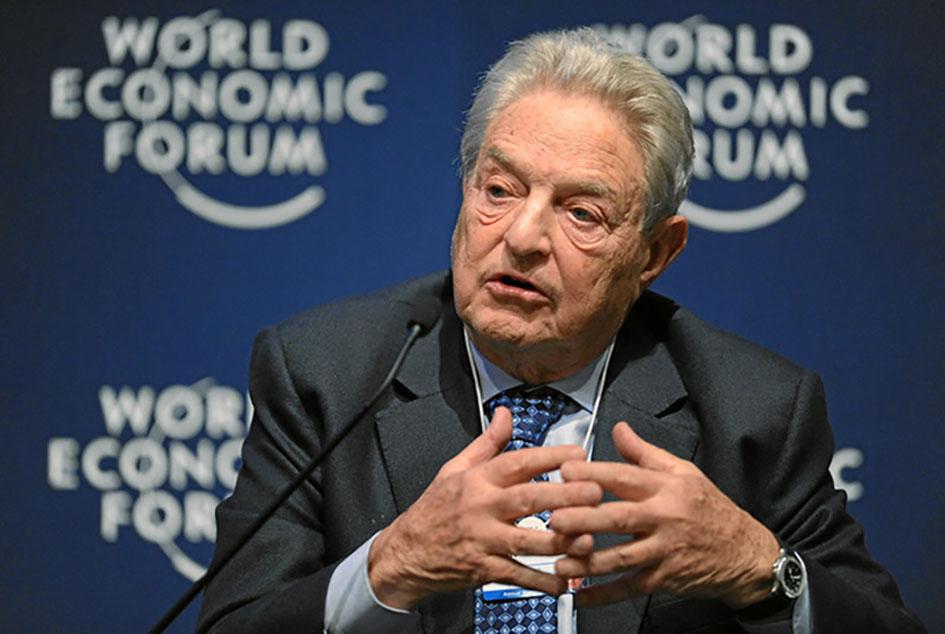 'save civilization' and urged the West to provide Ukraine with everything it needs to prevail."
'save civilization' and urged the West to provide Ukraine with everything it needs to prevail."  Eminent U.S. observers from presidents to a powerful senator have derided Russia’s role in the global economy as second-rate, with the late
Eminent U.S. observers from presidents to a powerful senator have derided Russia’s role in the global economy as second-rate, with the late 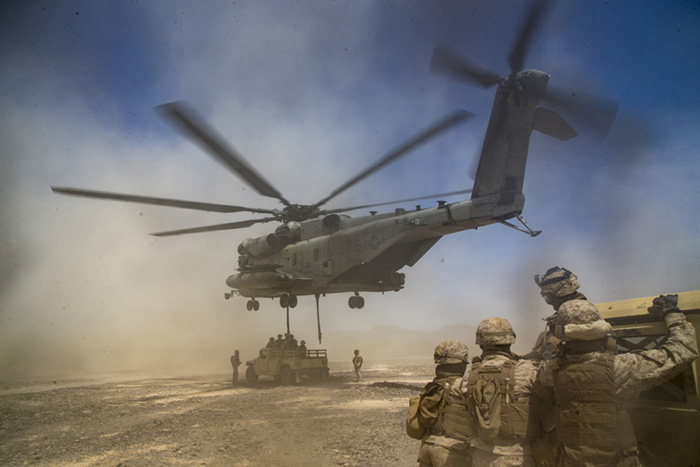 This week, the United States’ deputy national security adviser for cyber
This week, the United States’ deputy national security adviser for cyber 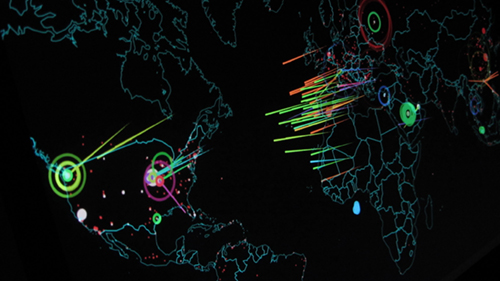 In December 2020, Reuters first
In December 2020, Reuters first 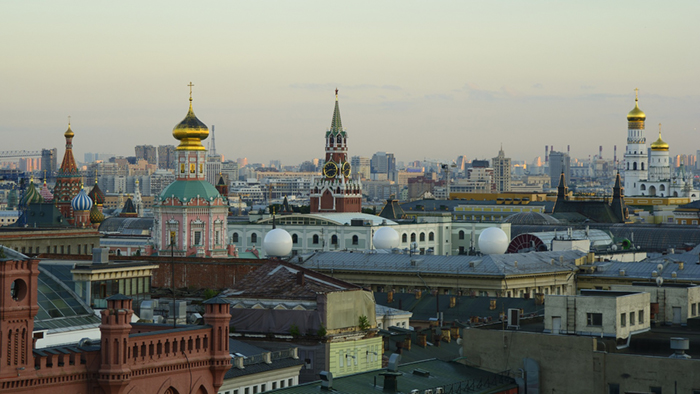 The following is a four-part debate between Thomas Graham, George Beebe, Steven Pifer and Michael McFaul about the future of Russia. The exchange was hosted by
The following is a four-part debate between Thomas Graham, George Beebe, Steven Pifer and Michael McFaul about the future of Russia. The exchange was hosted by